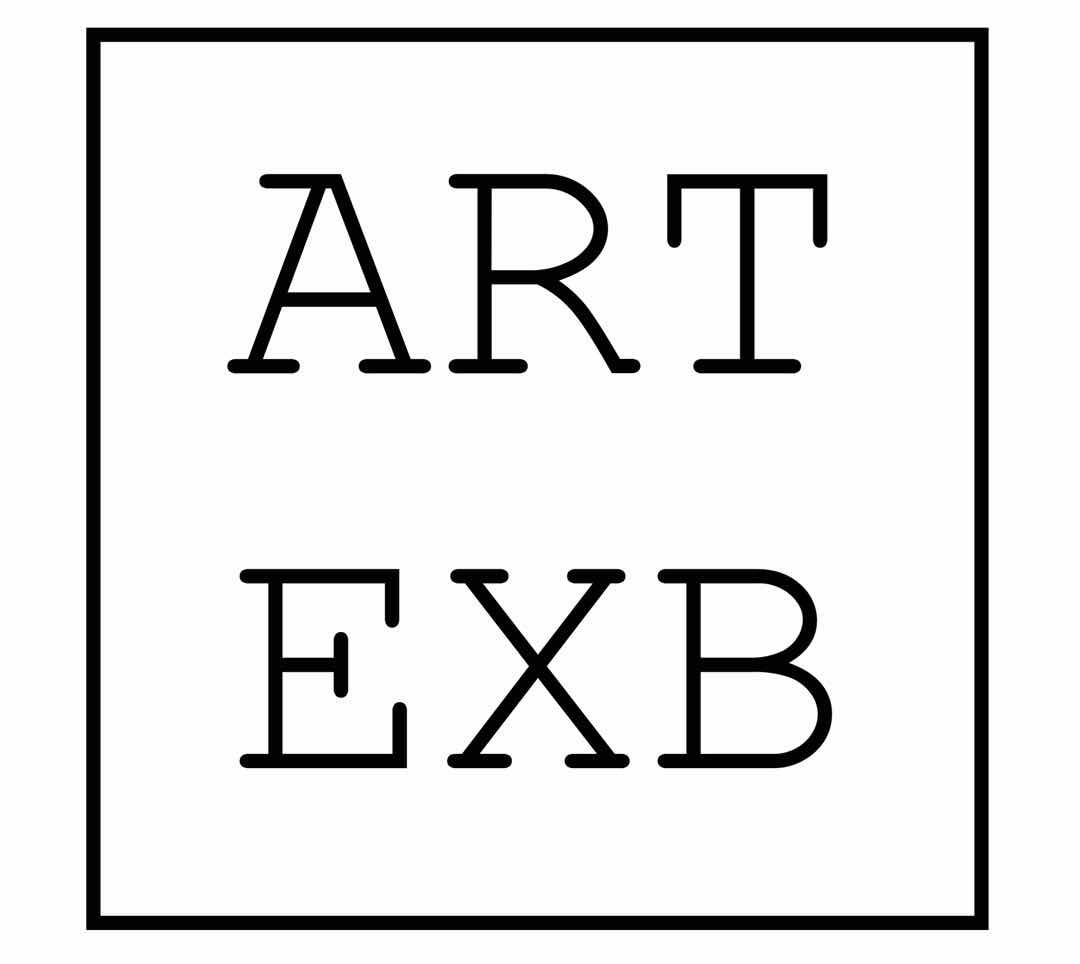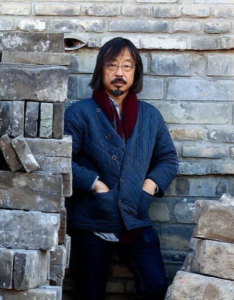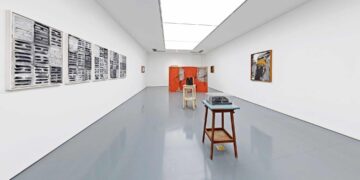黄锐是70年代末80年代初成立的前卫政治艺术小组 “星星画会” 的主创人之一,主要通过艺术的形式在国内宣传社会思想形态和进步。
黄锐早期的艺术以绘画为主,受到野兽派和德国表现主义的极大影响。黄锐将这些艺术特点归结为 “贵族化的色彩”,“夸张、自由化” 以及具有 “改变能力”。 在那些年里,为了表达的自由,抽象绘画成为了一种自由表达思想和社会实践的 “舞台”。黄锐坚持在这样的一个舞台,展示给观众一个不完全受意识形态掌控、没有边界的世界。
这一特殊时期里,黄锐创作了一系列以北京城区命名的抽象作品。黄锐80年代的绘画作品,在今天具有社会学和艺术学的双重文本价值,也是我们思考当下中国社会文化问题的起点。
Huang Rui was a leading figure in the avant-garde political artist group, Star Society, established in the late 70s and early 80s to use art to promote social ideologies and advancements in China.
Huang early art is mainly in painting, is heavily influenced by fauvism and German expressionism. Huang attribute these artistic characteristics to “aristocratic” color, “exaggeration, liberalization” and “the ability to change”. In those years, f abstract painting became a free expression of thoughts and social practice “stage”. Huang insisted to show the audience a full out of control of ideologically, no boundary of the world in such a stage.
During this special period, Huang created a series of abstract works named after Beijing city. His paintings in the 80’s, has dual text sociology and art value for today, also remind us to rethink about the starting point of the contemporary Chinese social and cultural problems.


